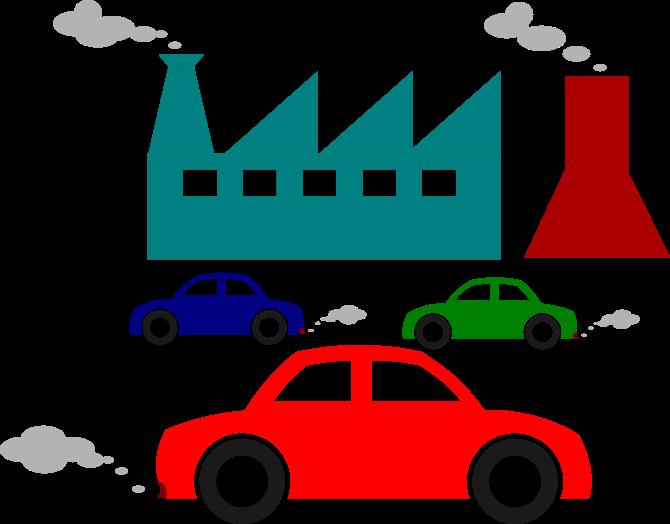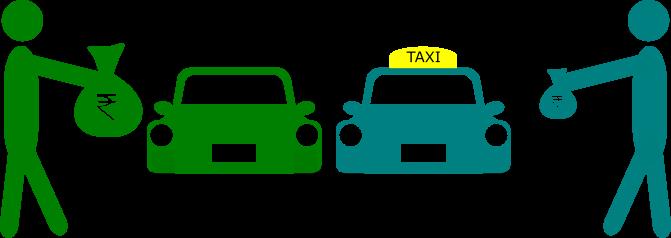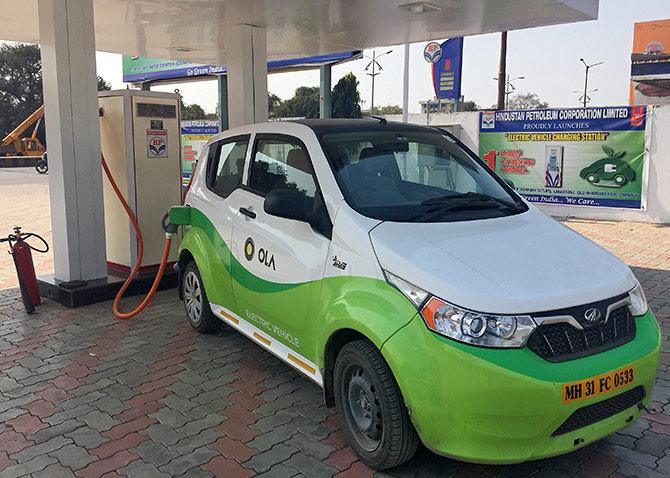prasad1
Active member
The need for an electric vehicle (EV) revolution in India is far greater than, perhaps, in any other major economy of the world.
The levels of urban pollution and the contribution of oil to the current account deficit alone should force policy-makers to push for EV mobility.
While the technology is taking its course, an appropriate policy direction through government support and regulatory clarity can go a long way in quickening the pace of adoption of EVs in India.

The levels of urban pollution and the contribution of oil to the current account deficit alone should force policy-makers to push for EV mobility in India.
Signals received from the government in the past one year reflect a state of utter confusion.
It started with ambitious claims to achieve 100 per cent EV mobility by 2030, which after some disquiet got rationalised to 30 per cent.
Much time was lost in determining whether provision of charging facilities for EVs amounts to sale of electricity or provision of service under the Electricity Act ("Act").

The issue of subsidy to consumers purchasing EVs too has seen flip-flops, with consumers initially getting the subsidy under FAME (a central government scheme), which is now proposed to be made available only to cab aggregators.
At last, good sense prevailed and it was held to be a provision of service, thus dispensing with the requirements of licensing under the Act.
The issue of subsidy to consumers purchasing EVs too has seen flip-flops, with consumers initially getting the subsidy under FAME (a central government scheme), which is now proposed to be made available only to cab aggregators.

The levels of urban pollution and the contribution of oil to the current account deficit alone should force policy-makers to push for EV mobility.
While the technology is taking its course, an appropriate policy direction through government support and regulatory clarity can go a long way in quickening the pace of adoption of EVs in India.

The levels of urban pollution and the contribution of oil to the current account deficit alone should force policy-makers to push for EV mobility in India.
Signals received from the government in the past one year reflect a state of utter confusion.
It started with ambitious claims to achieve 100 per cent EV mobility by 2030, which after some disquiet got rationalised to 30 per cent.
Much time was lost in determining whether provision of charging facilities for EVs amounts to sale of electricity or provision of service under the Electricity Act ("Act").

The issue of subsidy to consumers purchasing EVs too has seen flip-flops, with consumers initially getting the subsidy under FAME (a central government scheme), which is now proposed to be made available only to cab aggregators.
At last, good sense prevailed and it was held to be a provision of service, thus dispensing with the requirements of licensing under the Act.
The issue of subsidy to consumers purchasing EVs too has seen flip-flops, with consumers initially getting the subsidy under FAME (a central government scheme), which is now proposed to be made available only to cab aggregators.

Has India missed the electric vehicle revolution?
Signals received from the government in the past one year reflect a state of utter confusion, says Abhishek Tripathi.
www.rediff.com
